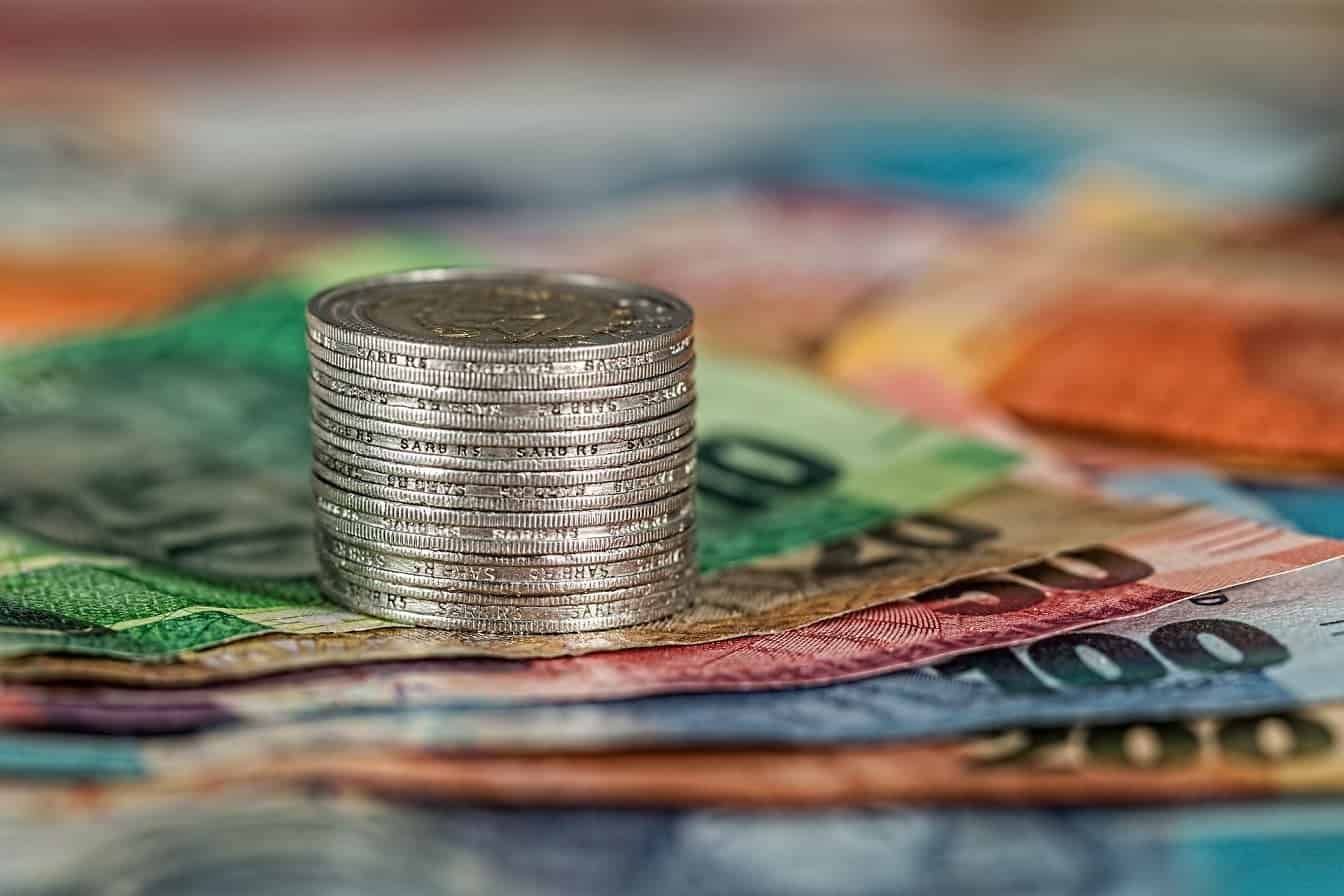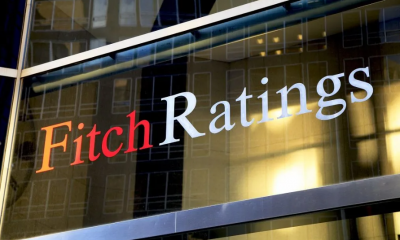Business
South Africa’s Junk Credit Rating Persists Despite Investor Optimism

South Africa’s Junk Credit Rating Persists Despite Investor Optimism
South Africa’s sovereign credit rating remains firmly in junk status, despite growing investor confidence following the formation of a Government of National Unity (GNU) this year. Analysts warn that significant economic and fiscal improvements are required before the country can hope for an upgrade to investment grade.
Current Credit Ratings and Outlooks
Credit agencies S&P Global, Moody’s, and Fitch currently rank South Africa several notches below investment grade:
- S&P Global: BB- with a stable outlook
- Fitch: BB- with a stable outlook
- Moody’s: Ba2 with a stable outlook
Although S&P Global is scheduled to review its rating on Friday, experts caution that a shift towards a positive outlook—or an upgrade—remains unlikely.
Investor Optimism vs. Fiscal Reality
Eight months of uninterrupted power supply after years of debilitating blackouts and promises of faster economic reforms have improved business confidence. However, analysts emphasize that fiscal challenges continue to overshadow these gains.
Miyelani Maluleke, head of macroeconomics research at Absa, noted:
“There are still big risks to the outlook for public finances.”
South Africa’s growth forecast of 1.1% for 2024 lags behind emerging market peers, and public debt as a share of GDP remains a critical concern. Debt levels have surged from 23.6% in 2009 to 74.1% in 2024, with a projected peak of 75.5% in 2026.
What Will it Take for an Upgrade?
To achieve a credit rating upgrade or even a positive outlook, analysts highlight two critical factors:
- Sustained Economic Growth: Growth rates need to reach at least 2% consistently.
- Stabilizing Public Debt: Clear evidence of progress in reducing the debt-to-GDP ratio.
Tatonga Rusike, sub-Saharan Africa economist at Bank of America Securities, stated:
“That discussion about investment grade is still a distant one. We’re far from that.”
Challenges Ahead
Despite the GNU’s reform agenda, concerns persist about the government’s ability to meet fiscal targets set in the October mid-term budget. Fitch recently expressed doubts over these targets, further dampening prospects for a ratings upgrade.
Moreover, structural issues such as high unemployment, weak economic growth, and corruption continue to weigh on South Africa’s fiscal stability.
Outlook for 2025
Analysts predict that sustained growth and improved fiscal performance could lead to a positive outlook by the first half of 2025. Until then, South Africa must address the structural and policy challenges that have kept it in junk status for years.
While the formation of the GNU and the stabilization of power supply have sparked investor optimism, South Africa’s path to reclaiming investment-grade credit status remains steep. Addressing fiscal risks, achieving sustained growth, and stabilizing debt are essential steps to ensure long-term economic resilience.

















